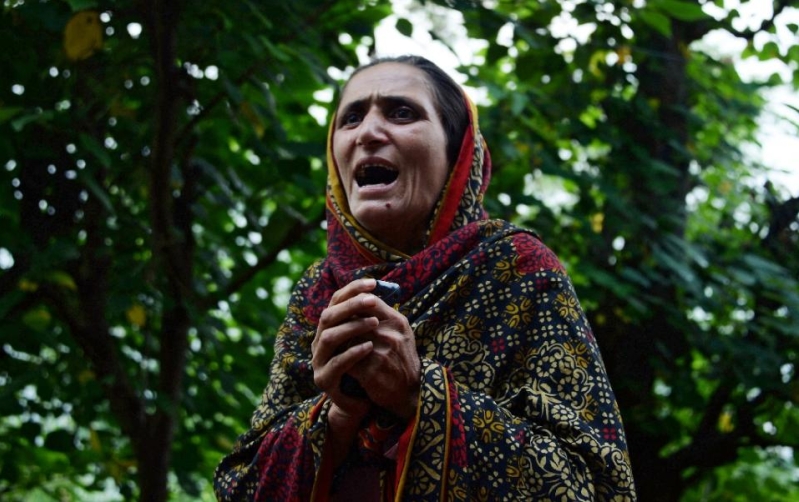
Pakistan has hanged a man who was reportedly arrested as a juvenile and tortured into confessing to murder despite pleas from the international community.
The New York Times reports that Shafqat Hussain, a night watchman, was convicted in 2004 of killing a 7-year-old boy in Karachi, Pakistan's largest city, after abducting him and demanding ransom.
While Mr. Hussain was convicted after confessing to the police, Justice Project Pakistan, a law firm specializing in human rights cases that took up Mr. Hussain's case, said he had confessed only because he was tortured.
The group also revealed that school records showed Mr. Hussain was 17 in 2004, when he was burnt with cigarettes and had fingernails removed until he confessed to killing a child. Because he was unable to afford legal counsel, the state appointed him a defense lawyer, who, according to human rights groups, failed to provide any evidence or claim that Hussain was a juvenile.
"There are cigarette burns on his shoulder," his brother Manzoor told Reuters the day before Mr. Hussain was hanged. "They also burnt his ankles with a heated rod. Those scars are still there. You can go and see them."
His sister Sumera Bibi, 26, wept as Manzoor pointed out the spots where he said Mr. Hussain had scars.
"Why are we not getting justice from the government? We want justice," she cried. "We are pleading that my brother's case should be tried all over again."
The New York Times notes that because of the widespread outrage regarding his case, Mr. Hussain's execution was delayed four times, most recently in June. However, the Pakistani Supreme Court ruled that it could not overturn his conviction and that it could not interfere in the matter of Mr. Hussain's age, because that issue had not been raised by his lawyers at trial.
"Shafqat's execution speaks to all that is wrong with Pakistan's race to the gallows," Maya Foa, director of the death penalty team at Reprieve told CNN.
"The government's decision to push ahead with the execution despite calls to halt it from across Pakistan and around the world seems to have been more a show of political power than anything to do with justice," she added.
Pakistan has hanged nearly 200 people since December, when a shocking massacre by Taliban militants at an army-run school in Peshawar prompted the government to lift a ban on capital punishment, notes the AP.
According to human rights group Amnesty International, Iran and China are the only countries to have executed more people than Pakistan this year.
Raza Rumi, a Pakistani analyst based in Washington who is a fellow at the National Endowment for Democracy, said that Mr. Hussain's execution sums up the "structural flaws in our criminal justice system, where police torture and confessions under duress are the norm."
"Here is a case where a poor family was unable to pursue a criminal case that requires resources and access to influential people within the state," she lamented.






